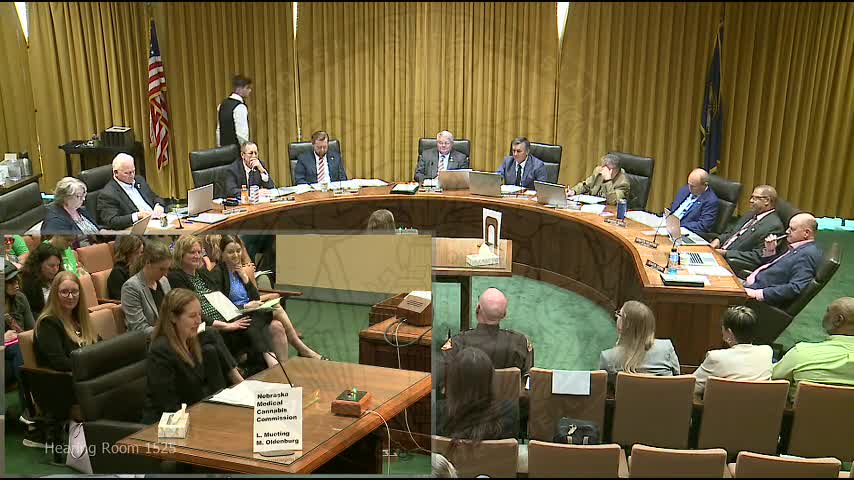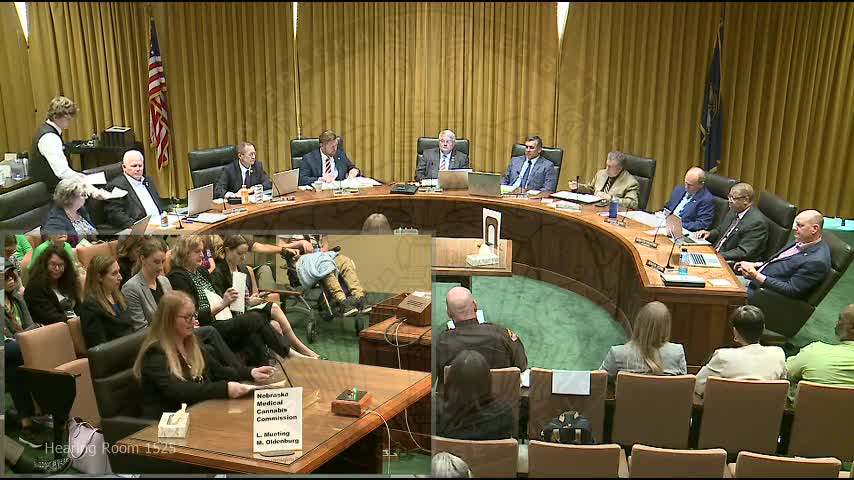Article not found
This article is no longer available. But don't worry—we've gathered other articles that discuss the same topic.

Doctor nominated to medical cannabis commission urges research, warns against smoking as delivery method

Muting tells committee prevention background would inform commission work; says commission must follow statute

